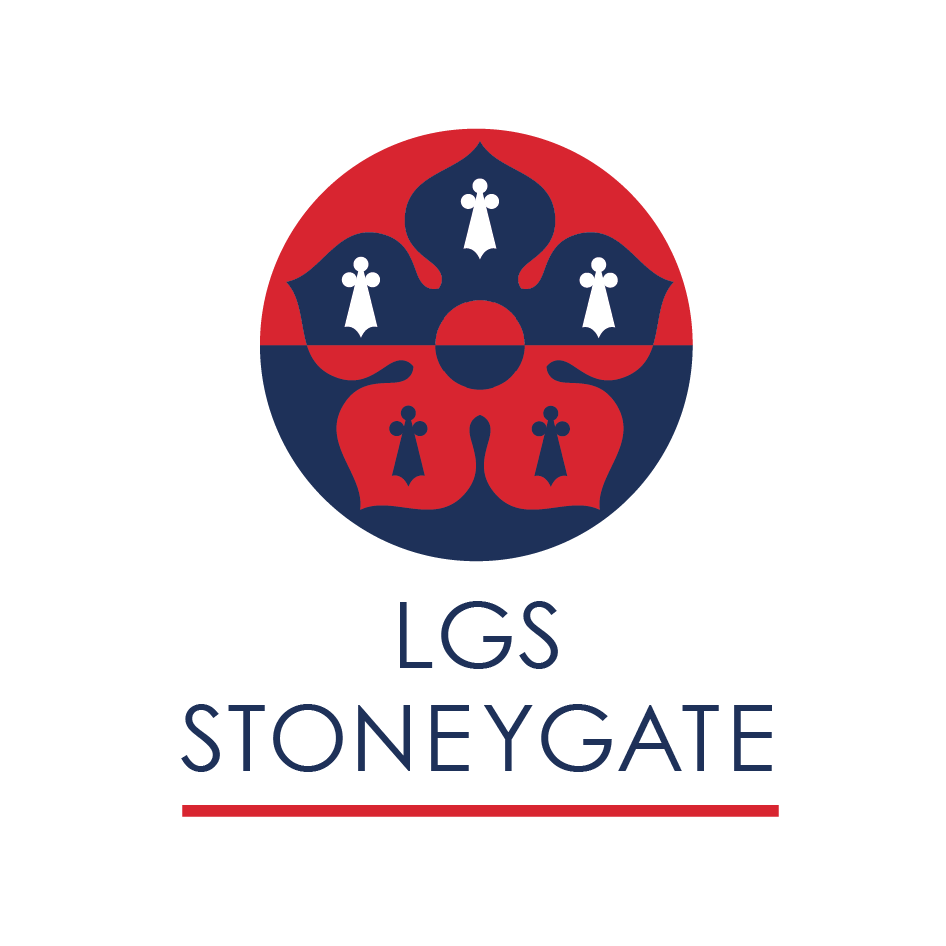Academic inspiration and opportunity

Supported by the head of another department, I am this week reviewing the work of the Classics Department. This forms part of our cycle of departmental reviews, when we observe lessons, look at documentation and planning (including the department’s own self-evaluation) and conduct discussions with pupils of a range of ages and abilities. It is generally a very affirming and rewarding process, as we consider what is working really well and how we can together plan for further improvement in provision and outcomes.
The best part of any such review (and that is true also when I go out on inspection) is when we talk to pupils. They are laudably forthcoming about their experience of the subject and about the supportive relationships they enjoy with their teachers. They talk about the feedback and methodology which best helps them to learn – although this can, of course depend on the pupil, hence the importance of a variety of teaching approaches. Their enthusiasm for the subject and its co-curricular opportunities (such as clubs, competitions and trips) is also often palpable.
It is not unusual for those of us who teach classical languages to be met with the protest from some pupils that it is a waste of time to learn a dead language! That is conspicuously not the case at LGS! The pupils I interviewed in the lower years (where Latin with Classics is compulsory) spoke eloquently about their increasing understanding of language development and their appreciation of history and context for our society and civilisation. They realise they are doing something special through opportunities which are unavailable to the majority of children in the land, and they enjoy the challenge of translations!
Such academic positivity and enthusiasm are also amply apparent in lessons at LGS, with a very powerful sense of pupils wanting to do their best, both for themselves and in collaboration with others. It sets us apart as a school and is reflected in our commitment to continue providing those special opportunities, such as curricular Latin and Classical Greek, Music, Ceramics, German and Italian, alongside vibrant sport, music and drama co-curricular programmes. Sadly, many such opportunities, believed by us to be integral to an academic and holistic education, have vanished or are vanishing elsewhere – and we know that is a significant reason for the investment you make in your child’s future.
As alluded to earlier, as part of their self-evaluation, we ask departments to consider how they contribute to pupils’ personal development. I leave the final word to Classics:
“We endeavour to encourage and prepare our pupils through debate and careful consideration to engage with their society as individuals who might have a positive or negative impact on it through their lives. Study of the Classics inherently requires its students to place themselves in confrontation with an alien world whose values are different. As Herodotus first identified, it is primarily through being exposed to what is alien that we realise what we have in common and learn to strive to correct what makes us poorer and uphold the positive elements of it. Classics lessons cultivate the right and duty of the individual to independence of thought, belief and expression. They encourage tolerance and help pupils to understand that no society is static but has the potential to change for better or worse depending on the action or inaction of its members....... ...The ‘art of speaking and writing well’ was understood by men of power in Greco-Roman societies as a way to wield and create influence. Understanding the ability for language to shape and form reality gains particular salience when considering the online space today.”
Best wishes,

John Watson
Headmaster and Principal




